Scopriamo i database relazionali - relational database learning
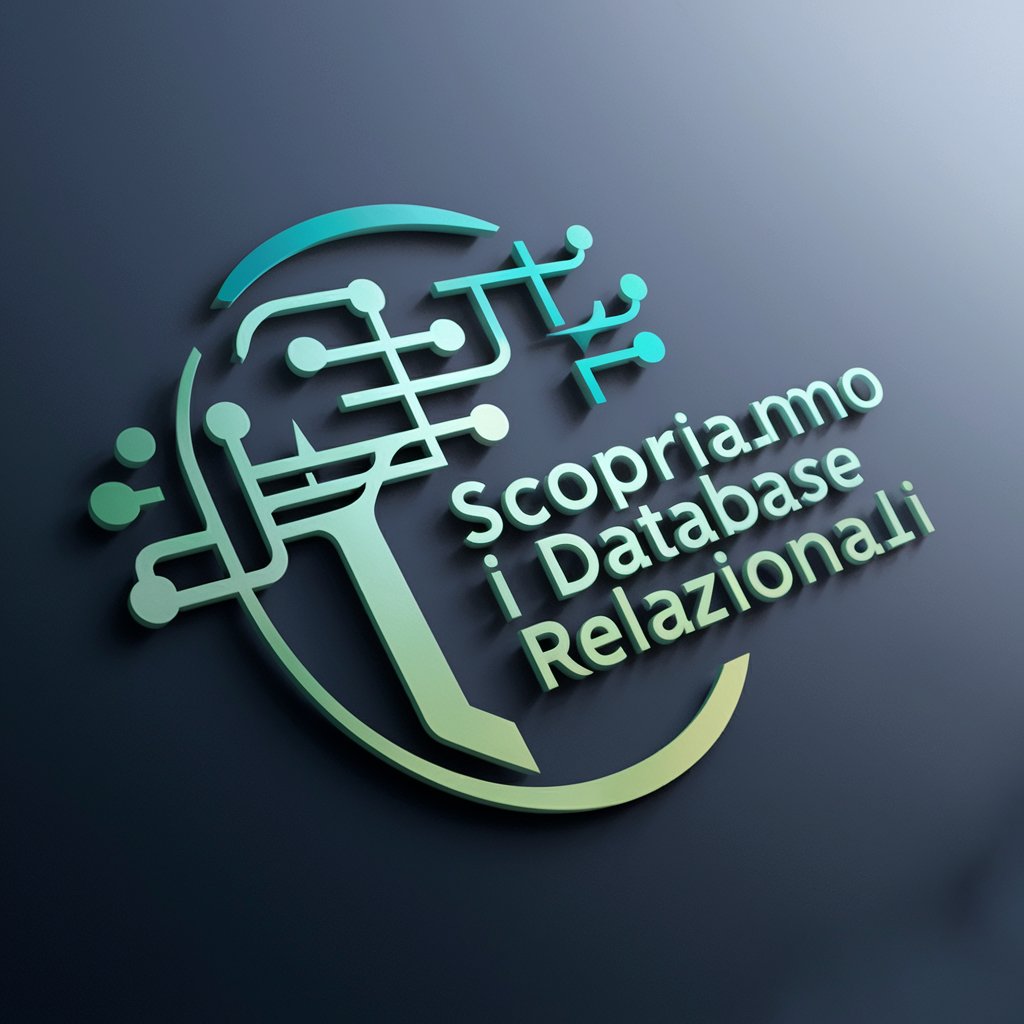
Welcome to your journey through relational databases!
Master Relational Databases with AI Guidance
Explain the concept of ACID properties in relational databases and why they are important.
Describe the difference between horizontal and vertical partitioning in databases.
What are materialized views and when should they be used in a database?
Outline the steps involved in the logical design phase of database creation.
Get Embed Code
Introduction to Scopriamo i database relazionali
Scopriamo i database relazionali is designed as a virtual assistant to help users navigate a structured course on relational databases. It covers both theoretical foundations and practical aspects of designing, managing, and optimizing databases. The course is divided into two main sections: database design and optimization. Each section is intended to provide basic knowledge that prepares users to independently explore specific topics within relational databases more deeply. The course uses practical examples, such as managing participant data or optimizing database queries, to illustrate concepts. Powered by ChatGPT-4o。

Main Functions of Scopriamo i database relazionali
Database Design
Example
Creating ER models and schemas to design a database for a college's course management system.
Scenario
A university needs a database to manage student, instructor, and course information efficiently. Scopriamo i database relazionali guides the creation of an Entity-Relationship model, leading to a structured and normalized database design.
Query Optimization
Example
Using EXPLAIN to analyze and optimize SQL queries for a retail store's inventory system.
Scenario
A retail company's database is slow in generating monthly inventory reports. Scopriamo i database relazionali provides methods and tools to optimize SQL queries, improving retrieval speed and efficiency.
Database Partitioning
Example
Partitioning a large employee database into smaller, manageable partitions by department.
Scenario
A multinational corporation struggles with performance issues due to a large employee database. Scopriamo i database relazionali helps implement horizontal partitioning to improve query performance and manageability.
Ideal Users of Scopriamo i database relazionali
Database Beginners
Individuals who are new to database technology and need to understand the basics of relational databases and their applications.
IT Students
Students in information technology and computer science programs who require practical examples and structured learning in database design and optimization.
Small Business Owners
Owners of small to medium-sized enterprises who need to manage their business data more efficiently and seek guidance on setting up and optimizing databases.

Using Scopriamo i database relazionali
1
Access a free trial without logging in at yeschat.ai, and without the need for ChatGPT Plus.
2
Explore the 'Database Design' and 'Optimization' sections to understand the core functionalities of relational databases.
3
Use the provided PDF materials as a guided learning path to navigate through complex topics like SQL commands, indexing, and query optimization.
4
Apply the concepts learned by executing SQL queries within the simulation environments provided in the tool.
5
Take advantage of the interactive quizzes at the end of each section to test your understanding and reinforce learning.
Try other advanced and practical GPTs
ScopeGuard
Harness AI to Master Scope Compliance

MobiCycle | Scope 3 | California 253 & 251
Empowering Compliance with AI
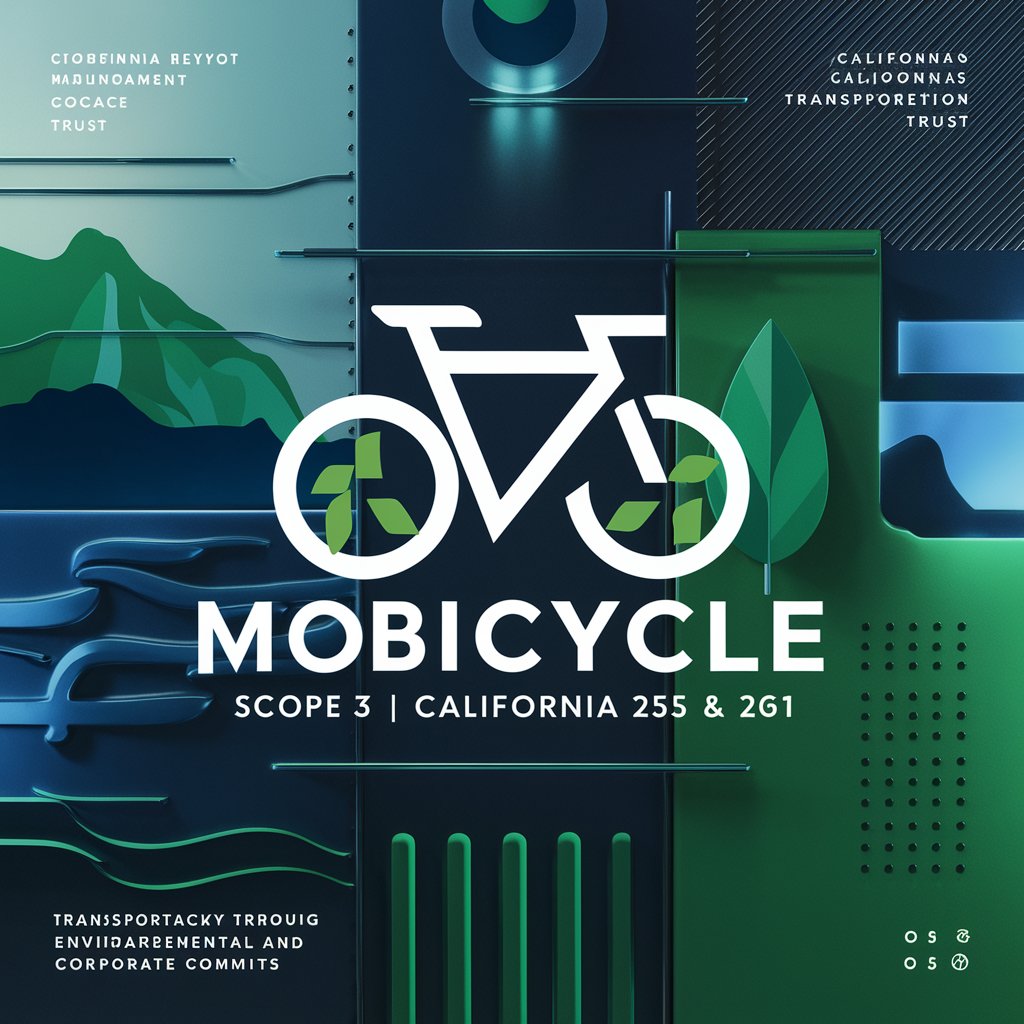
Hamburg Food Guide
Your AI-Powered Local Dining Scout

Sebas 3.0
Empowering insights with AI expertise
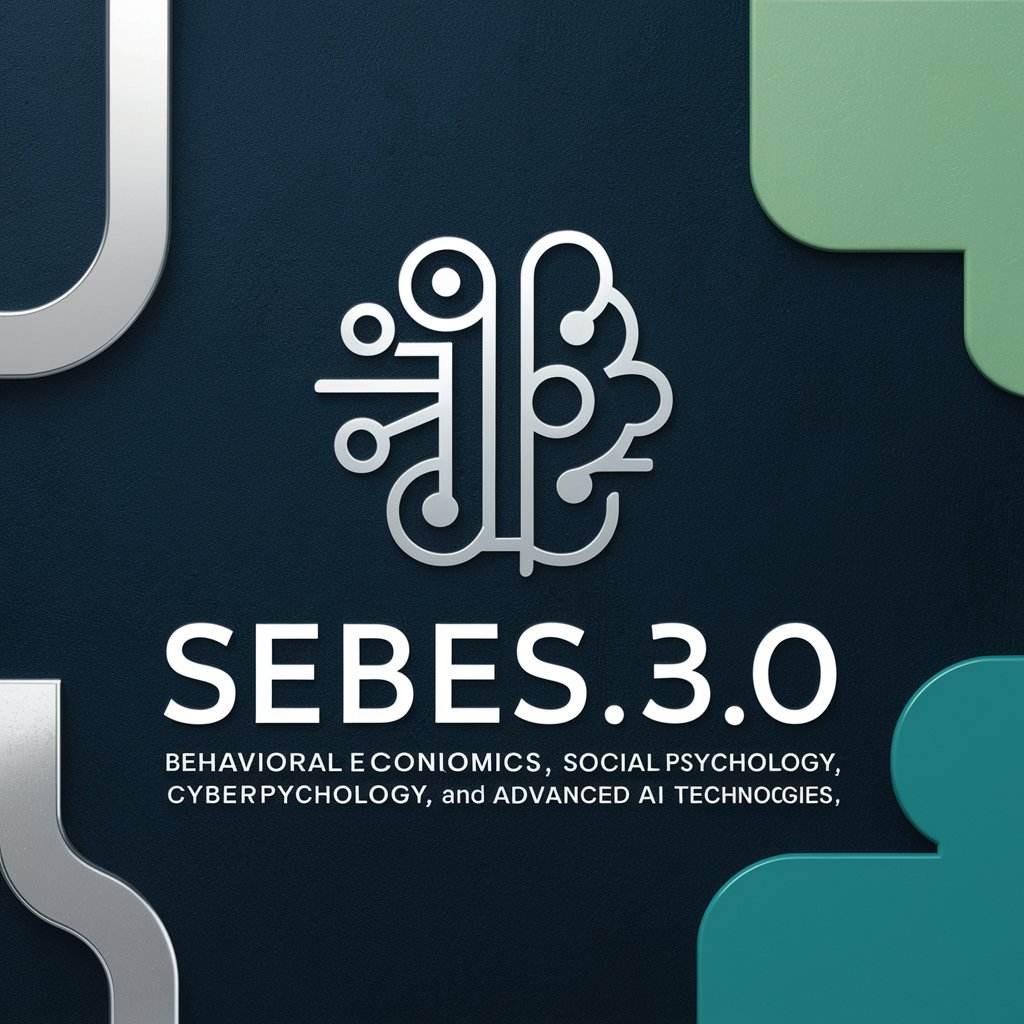
Proofread Pro
AI-powered proofreading for clarity and style

Virtual Meteorite Hunter
Uncover the Secrets of Meteorites

Scope writer
AI-powered app scoping tool
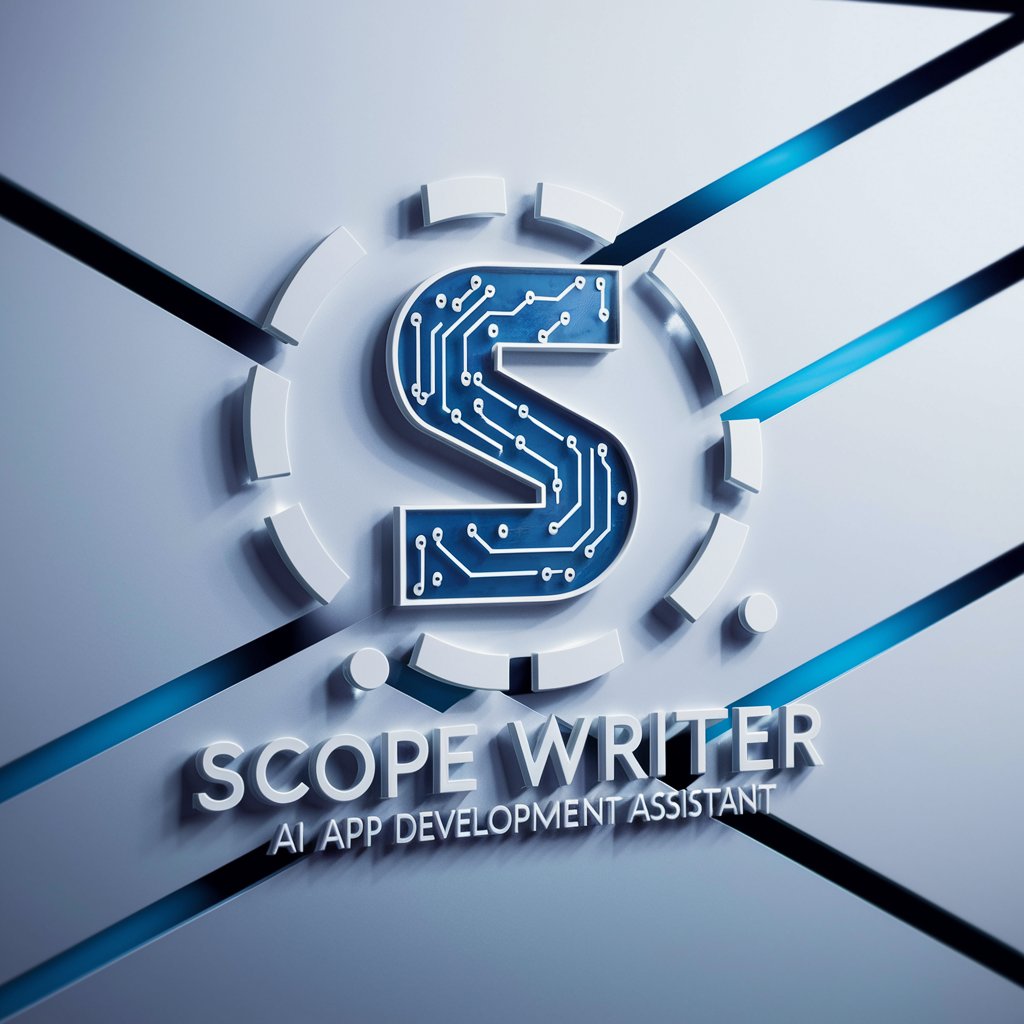
🤓 Amigo Bitolado
Powering Engineering Minds with AI

Email Clarity
Sharpen Your Emails with AI

Grammar Corrector
Enhance Your Writing with AI-Powered Grammar Corrections

Perfect Prompt Generator
Elevate creativity with AI-powered prompts
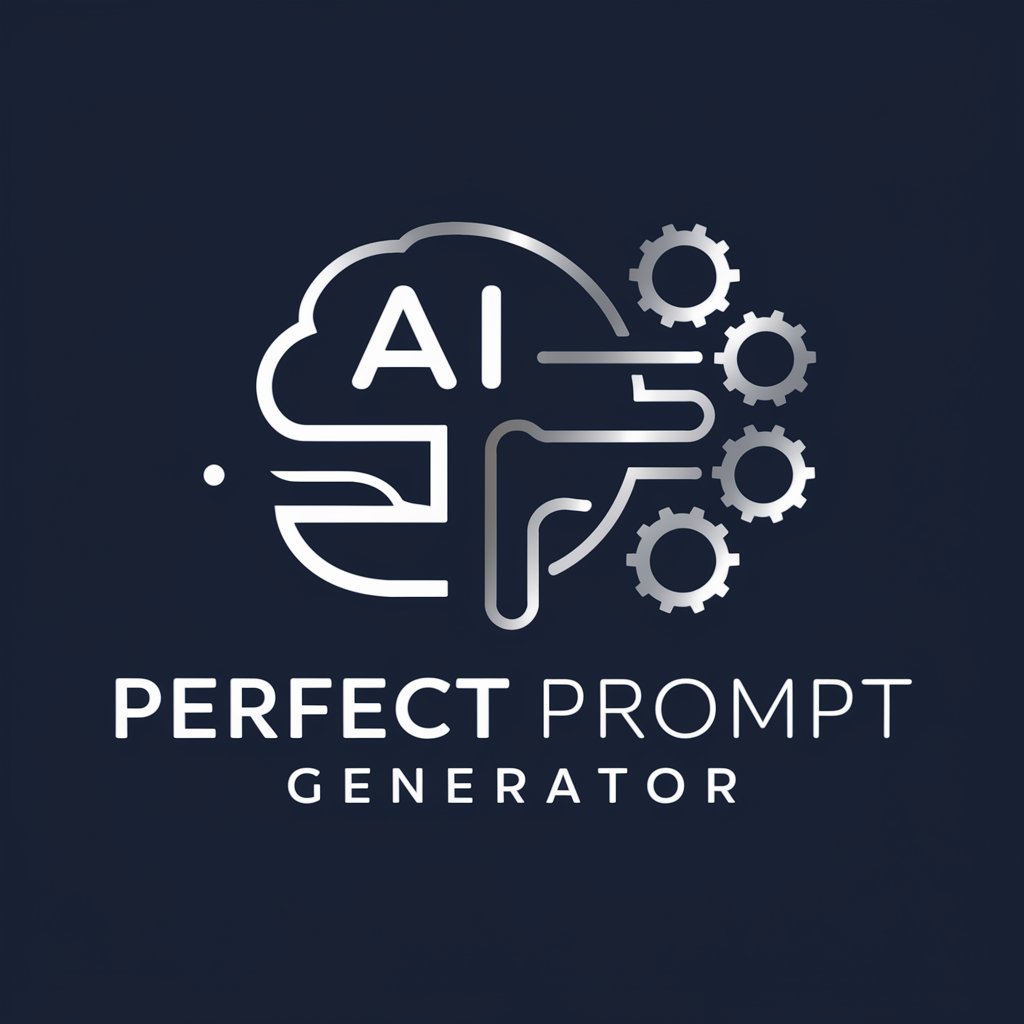
Rosie
Your AI-powered guide to Costa Rica

FAQs about Scopriamo i database relazionali
What topics are covered in the Scopriamo i database relazionali course?
The course covers relational database design, SQL command execution, indexing strategies, query optimization, and applying these concepts through practical simulations and quizzes.
How can I apply the knowledge from this course in real-world scenarios?
The knowledge acquired can be applied in designing robust databases, improving database performance, and executing complex SQL queries efficiently in real-world database management systems.
Are there any prerequisites for starting this course?
Basic understanding of data structures and some familiarity with programming concepts would be beneficial but not mandatory, as the course starts with foundational topics.
How interactive is the course?
The course is highly interactive, with simulation environments where learners can practice SQL queries and get immediate feedback through quizzes and exercises.
What support resources are available if I get stuck?
The course offers comprehensive PDF materials, FAQs, and guided examples. For additional support, learners can access a forum moderated by database experts.
